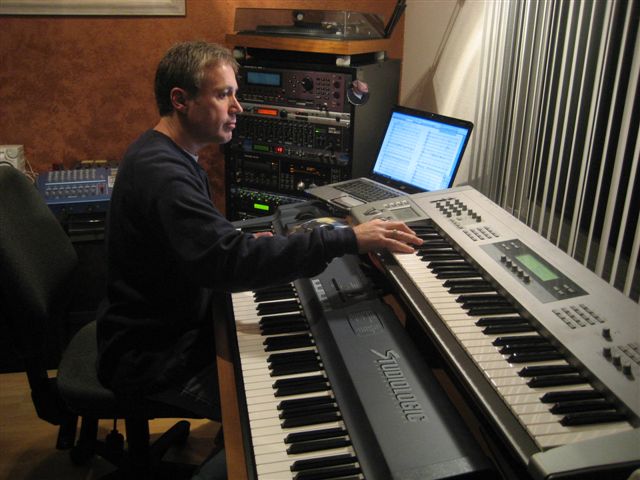I was shocked by this article. In the film, television, and video game industries, actors, directors, writers, cinematographers, and editors are each represented by their own guild. Somehow, composers and lyricists still aren’t unionized. The Society of Composers & Lyricists is now attempting to partner with the Teamsters in hopes of gaining the same security as their peers.
Composers and lyricists are among the few creatives left without a collective bargaining agreement. Services like orchestration, conducting and music performance are covered by American Federation of Musicians (AFM) agreements, but not the act of writing music or lyrics.
They were represented in the late 1950s and 1960s by the Composers & Lyricists Guild of America, but after a 1971 strike and a 1972 lawsuit against the studios and networks over music-ownership rights, producers refused to negotiate with them. A 1984 attempt to restart the union failed when a Reagan-era National Labor Relations Board declared composers and lyricists “independent contractors.”
The trouble with that ruling, many composers say, is that almost everyone in the biz is an “independent contractor,” agreeing to perform services on a one-off basis for producers — yet writers, directors, actors, cinematographers, editors and others enjoy protection under WGA, DGA, SAG, IATSE, the Teamsters and other unions.
Imagine if these guys went on strike. The studios would have to hire a bunch of unqualified musicians. It’s a shame composers and lyricists have it this tough. Even the ones who have been in the industry for ages still have trouble securing work.
For more information, check out composersguild.org.


